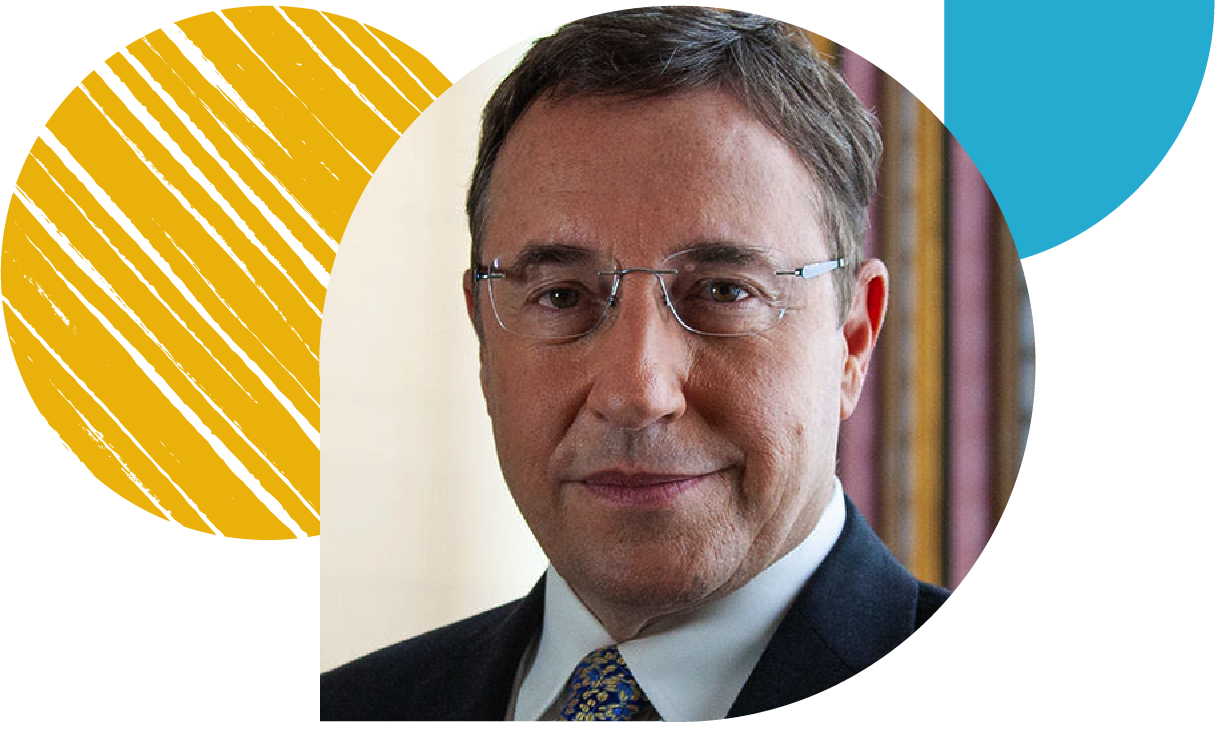UNDP Administrator
Mr. Achim Steiner


UNDP Administrator
Mr. Achim Steiner
Foreword
Conflict, insecurity, weak institutions, and limited access to justice remain some of the greatest threats to sustainable development.1 Since 2008, UNDP’s Global Programme on Strengthening the Rule of Law and Human Rights for Sustaining Peace and Fostering Development has provided much-needed rule of law and human rights assistance to conflict and crisis-affected contexts across the globe. In doing so, the programme directly addresses the drivers of violent conflict — helping to foster peace and set the conditions for communities to prosper, driving forward human development. Indeed, research suggests that “the rule of law correlates to higher economic growth, greater peace, less inequality, improved health outcomes, and more education”.2 Yet the COVID-19 pandemic triggered a range of new and unexpected challenges for the rule of law and human rights spheres. One estimate suggests that 61% of countries regressed on basic democratic and human rights standards in 2020, exacerbated by measures taken in response to the COVID-19 pandemic.3 And the pandemic hit at a time of a “marked but steady slide in respect for the rule of law around the world” — most notably in the areas of Government accountability, fundamental rights, and corruption.4 This rule of law vacuum hit the most vulnerable the hardest, curtailing their already marginal access to justice, for instance — widening existing inequalities.
In these unprecedented circumstances, UNDP is taking a human rights-based approach to the pandemic that puts people at the very centre of the COVID-19 recovery. Informed by in-depth socio-economic assessments, our support also involved assisting Governments to meet their human rights commitments at this crucial moment. UNDP also assisted National Human Rights Institutions including through capacity-building and the provision of much-needed resources — boosting their ability to monitor and engage Governments in rights-based responses to COVID-19. UNDP also supported countries and communities to rapidly devise and implement a range of much-needed solutions. That included working to achieve gender justice at a time when a “shadow pandemic” in the form of gender-based violence spiked by up to 40% in some countries.5 To ensure access to justice for survivors of sexual and gender-based violence, UNDP supported the operationalization of the first-ever Gender-Based Violence and Juvenile Court in South Sudan. UNDP worked with Governments and civil society organisations to reduce prison overcrowding including in Bangladesh, Chad, The Gambia and Sri Lanka. And the organisation leveraged a range of groundbreaking digital solutions, guided by the UNDP Digital Strategy. From Armenia to Burkina Faso, from Afghanistan to the State of Palestine, UNDP’s digital support helped to expedite trials and allow people to secure timely access to justice.
Responses to the pandemic that respect human rights and promote the rule of law will result in better outcomes in beating COVID-19.6 Moreover, in building forward better from this pandemic, we now have a unique opportunity to boost the rule of law and ensure that everyone’s future is built upon a foundation of inalienable rights.7 To this end, UNDP is committed to pool vital resources and know-how with all of our partners both in the UN system and beyond to protect human rights and strengthen the rule of law. Indeed, partnerships within the UN family, such as the Global Focal Point for the Rule of Law, have once again proven that we are stronger when we deliver together. In this Decade of Action for the Sustainable Development Goals, we are helping to ensure that access to justice and human rights are not a luxury for the few — but a right for all.

Achim Steiner, Administrator, United Nations Development Programme (UNDP)
1 https://www.un.org/en/desa/we-need-effective-institutions-get-out-crisis
2 https://worldjusticeproject.org/about-us/overview/what-rule-law
4 https://www.brookings.edu/blog/order-from-chaos/2021/04/20/covid-19-has-worsened-a-shaky-rule-of-law-environment/ and https://worldjusticeproject.org/our-work/research-and-data/wjp-rule-law-index-2020
6 https://unsdg.un.org/sites/default/files/2020-04/COVID-19-and-Human-Rights.pdf